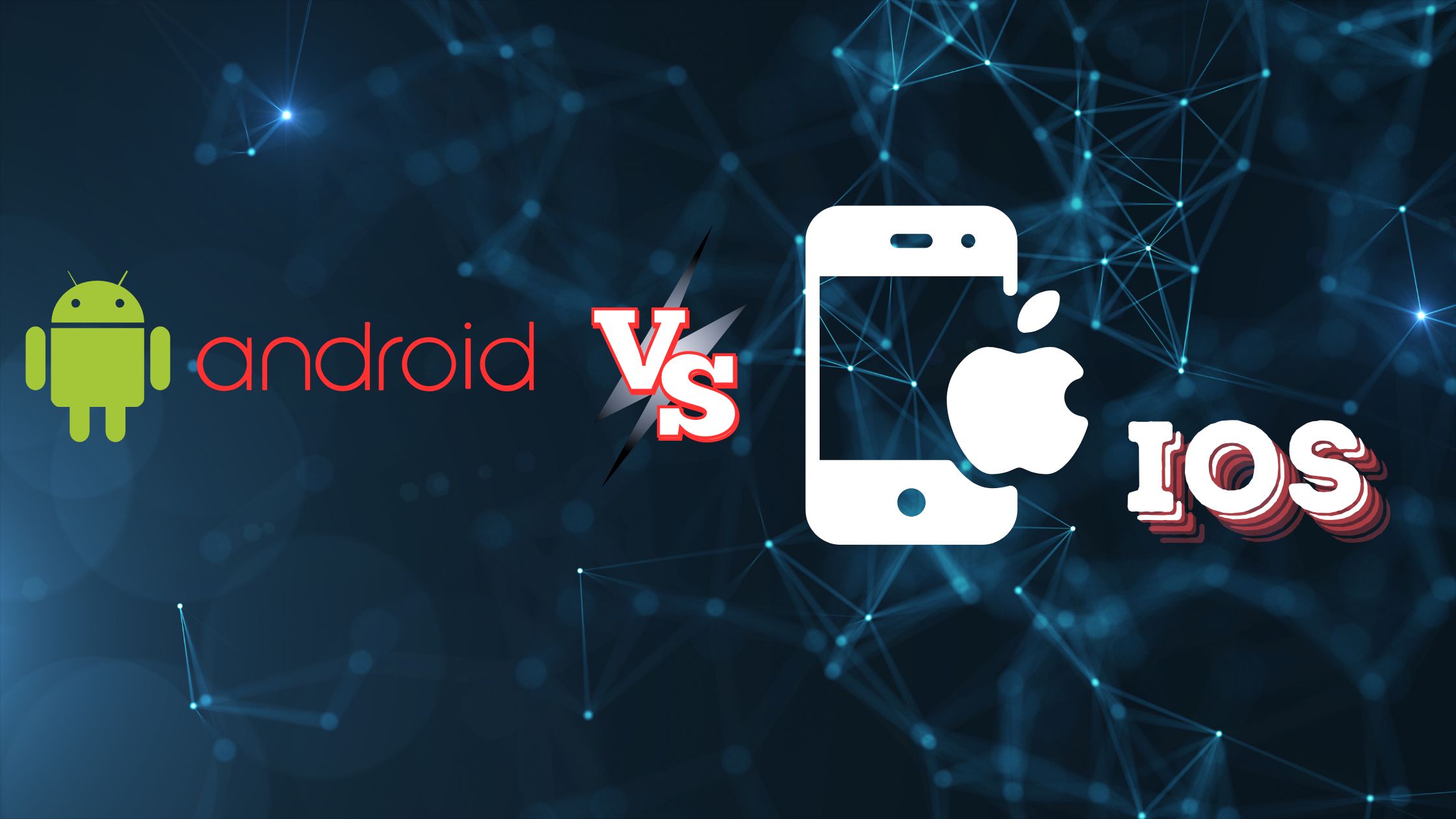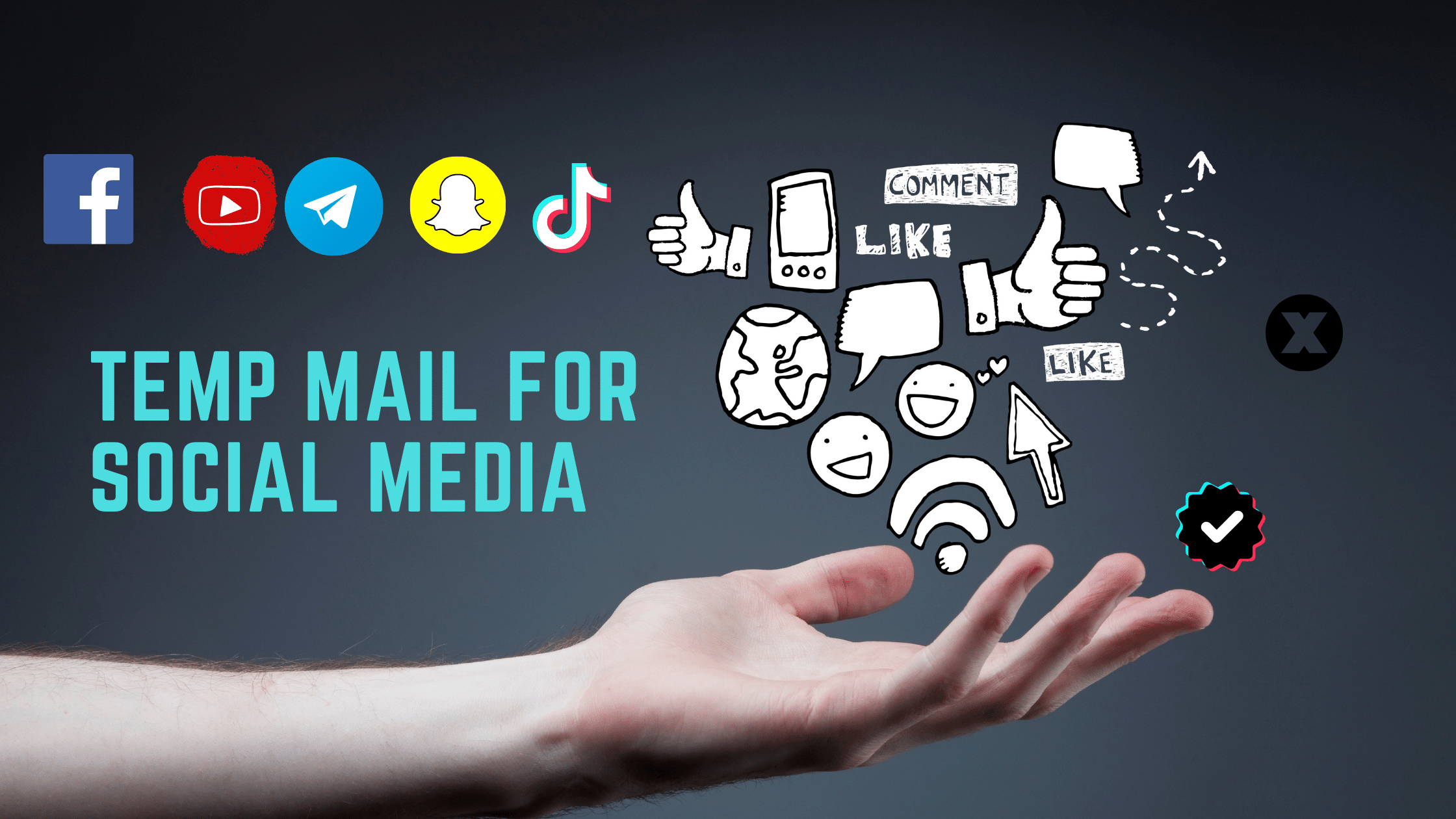Let’s explore the history of Android and iOS:
Android vs iOS
Android: Evolutionary journey
- Android launched: In October 2003, Android Inc. was founded. in Palo Alto, California. The four founders—Rich Minor, Nick Sears, Chris White, and Andy Rubin—envisioned “smart phone devices that know the location and preferences of their owners.” cognitive. Android originally aimed to improve the use of digital cameras but later shifted its focus to mobile phones.
- Google Acquisition: In 2005, Android Inc. was acquired by Google, creating a revolutionary change. The Android team chose Linux as the basis for the OS, which can be made available for free to new users. Google’s benefits plan involves offering services and apps in conjunction with the OS.
- Logo design: Irina Block created the iconic Android logo while working for Google—a mix of robots and green bugs. This logo has become synonymous with OS.
- Improvement and control: Fast forward to today, and we have Android 14. The OS has beaten competitors like Symbian, BlackBerry, Palm OS, webOS, and Windows Phone. Only Apple’s iOS is a serious contender.

history of Android and iOS
Android vs iOS
iOS:
Apple's Trailblazing Platform
- Early days: Apple iOS, arguably the world’s first smartphone operating system, launched the iPhone in 2007. It revolutionized mobile computing, introducing touchscreens, intuitive interfaces, and the App Store It happened
- Closed ecosystem: iOS works in a closed system, ensuring standardized security measures. Continuous innovation quickly addresses weaknesses, and the App Store keeps track of app quality.
- Hardware and software integration: Apple’s tight integration of hardware and software creates a seamless experience. Features like Face ID add security

Let’s dive into the exciting world of Android (features of Android) and iOS(feature of iOS) and explore their differences and unique features. In this detailed article, we will compare these two powerful mobile operating systems on different scales.
Let’s take it easy as we embark on this journey!
1. Hardware selection
Android:
An open-source platform that allows app developers flexibility and customization options. With dozens of hardware manufacturers, you can choose from a wide range of prices, quality and functionality. For example, the budget-friendly Motorola Moto G coexists with high-end Samsung Galaxy Z Fold 4 systems.

iOS:
Apple’s ecosystem for top hardware vendors, but with limited options. Starting at $429, the iPhone SE represents the expensive end, while premium options like the Samsung Galaxy S23 Ultra can cost over $1,8001.

differentiate between android vs iOS
2. App development process
Android:
Developers have a lot of freedom when it comes to app layout, appearance, and behavior. Special features can be used and custom user interfaces (UI) components can be created. Android follows a simple unlock method.
iOS :
In contrast, iOS follows a more structured and deliberate approach. Apple maintains strict guidelines for app design and usage, resulting in a consistent experience across devices.
3. User interface and customization
Android:
Known for its PC-like flexibility, Android allows for great flexibility. Users can tweak themes, widgets and projectors according to their preference.
iOS:
Apple prioritizes unity and simplicity. While iOS offers some customization options, it maintains its normal look and feel across devices.
differentiate between android vs iOS
4. App ecosystem and quality
Android:
The Google Play Store has a huge app library, but the quality can vary. Users can encounter both excellent and imperfect apps.
iOS:
Apple's App Store emphasizes content management, delivering a well-designed and reliable selection of apps.
5. Backups and cloud integration
Android:
Users have more flexibility in managing backups and integrating with third-party cloud services.
iOS:
Apple’s iCloud provides seamless integration for backups, but is tightly integrated into the ecosystem.
6. File management
Android:
Provides simple file management, allowing users to access files directly.
iOS:
Follows a closed-box approach, relying on iTunes for file transfer and management.

7. Camera QR code
Android:
Many Android cameras have built-in QR code scanning functionality.
iOS:
iOS users can search for QR codes using the original Camera app.
In summary, both Android and iOS have their strengths and fulfill the user’s preferences. Whether you prioritize customization, app quality, or ecosystem stability, the choice ultimately comes down to your needs and personal interests
security features and vulnerabilities
security comparison between android and iOs
Android Security:
Diverse ecosystem:
The open-source nature of Android means that different manufacturers use it, resulting in different security practices. Some manufacturers such as Samsung offer additional security features (e.g. Samsung Knox) to improve user data security.
Software updates: Regular software updates are important for security. However, Android devices don’t always get updates like the iPhone. Older Android devices are more at risk due to outdated software.
App Permissions: Android allows granular ability to manage app permissions. Users can choose the licenses the app can receive, increasing privacy and security.
Third-party app store: Android allows installation from third-party app stores, increasing the risk of malware. Stick to the app stores to be safe.
iOS Security:
Closed ecosystem: iOS works in a closed system, ensuring customized security policies on all devices. This integrated system makes it much less convenient and harder to use.
Software updates: Apple has been supporting older devices for years, making them safer. Regular iOS updates quickly address vulnerabilities.
App Store Review Policy: The Apple App Store has strict guidelines, and comes with a good selection of high-quality apps. This reduces the risk of malicious software being present.
Hardware security: Features like the Titan M2 security chip on Google Pixel devices and Face ID on iPhone enhance device security.
In summary, both Android and iOS have their strengths and weaknesses. Android offers flexibility, while iOS prioritizes integration and strong security. Remember to practice good digital hygiene no matter what you prefer






Leave a Reply